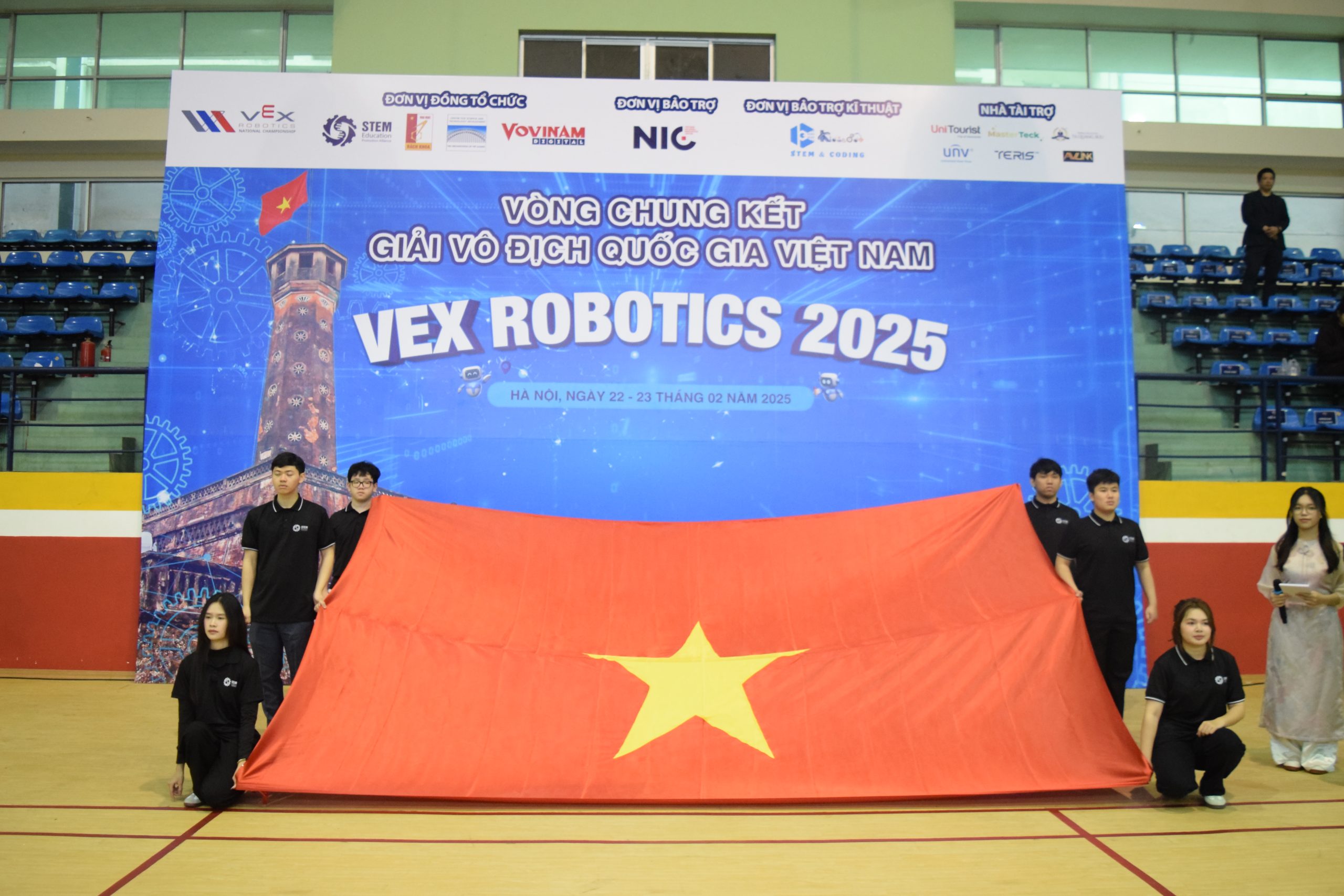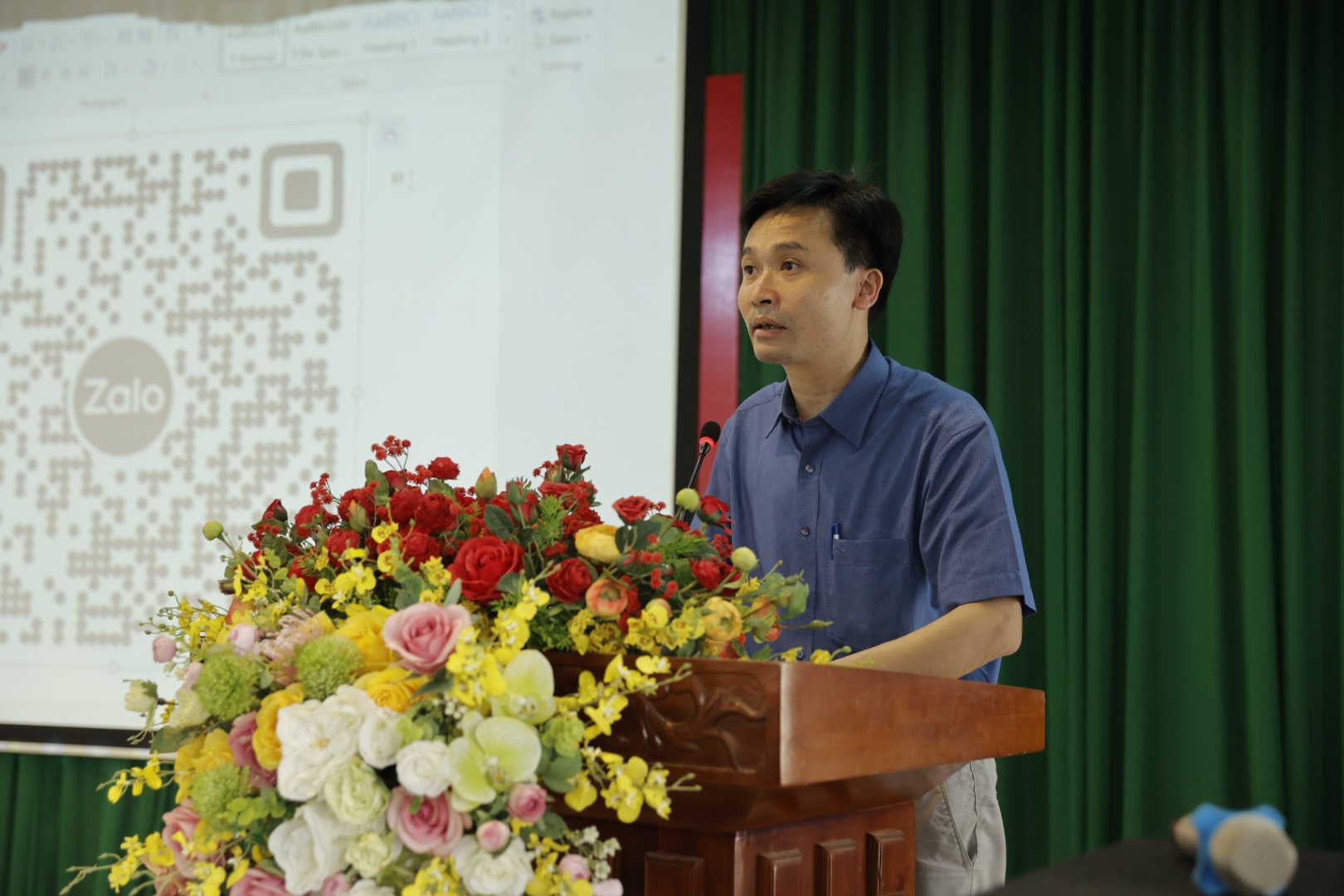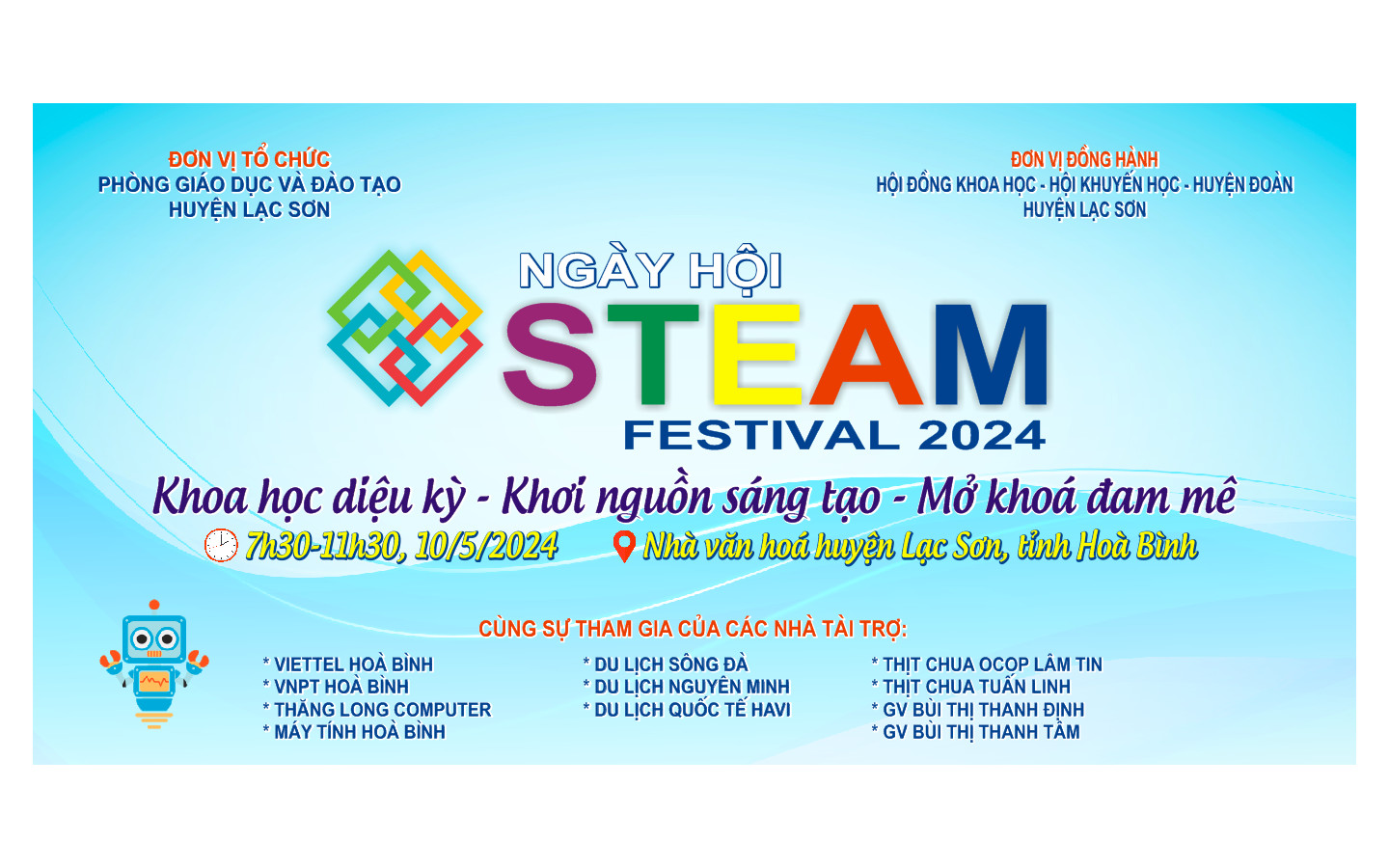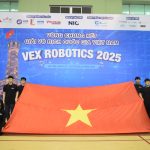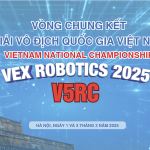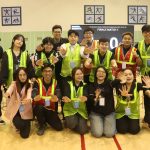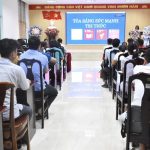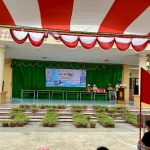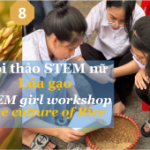Lưu bản nháp tự động
Luc Yen is a mountainous district in Yen Bai province, located in the northeastern part of the province, about 90 km from the provincial center. With a total natural area of 810.01 square kilometers, Luc Yen is characterized by its primarily hilly and mountainous terrain, bordering several districts in neighboring provinces such as Tuyen Quang, Ha Giang, and Lao Cai. The district has 23 communes and one town, including six communes with particularly difficult socio-economic conditions, with a total population of 109,756 people. This is a culturally diverse area with 28 ethnic groups living together, including the Tay ethnic group accounting for 52.28%, the Dao ethnic group accounting for 20.09%, and the Kinh ethnic group accounting for 16.17%.
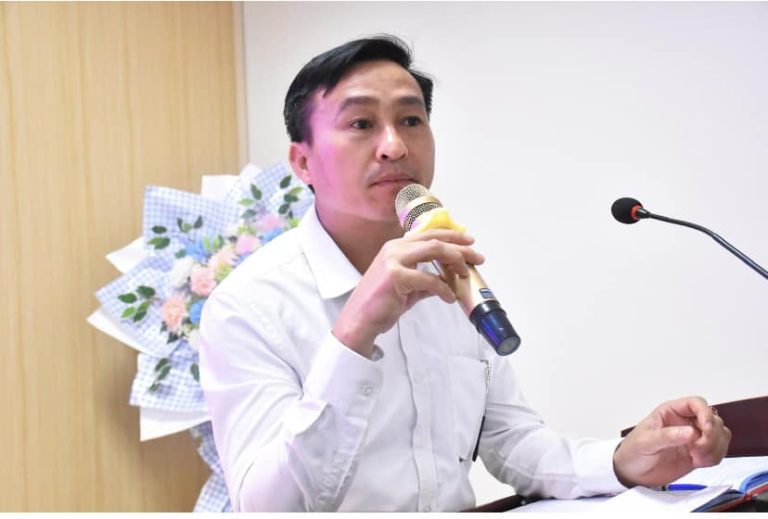
Primary STEM teachers training workshop
In an effort to improve the quality of education and meet the requirements of the new general education curriculum, from August 12th to 13th, 2024, the STEM for Vulnerable Adolescents Project coordinated with the Luc Yen District Department of Education and Training (DOET) to organize the 2024 summer professional training program. This training program was designed for 535 school administrators (CBQL) and teachers (GV) at the primary and lower secondary levels in the district, with the aim of enhancing their professional competency in STEM education, enabling them to adopt new teaching methods and apply them effectively in practice.
The training program was flexibly organized with one in-person class for 60 administrators and teachers, along with 25 online venues at schools, attracting the participation of 475 administrators and primary school teachers. The training focused on STEM education, helping teachers improve their skills and knowledge in science and technology, thereby actively innovating their teaching methods and enhancing the quality of education in the local area.
Notably, on August 12th, 2024, a specialized STEM education training session for lower secondary school teachers was held. This session included one in-person class with the participation of 68 teachers and 26 online venues at 26 lower secondary and combined primary-lower secondary schools, attracting over 300 administrators and teachers. This was a valuable opportunity for teachers to access advanced teaching methods while exchanging experiences and learning from experts and colleagues.
Leading the training program was Ms. Dao Thi Hong Quyen, an experienced expert in STEM education. The program included many hands-on exploration activities, encouraging teachers to embrace and confidently implement STEM education in their classrooms. Notably, Ms. Hong Quyen and the teachers shared ideas about developing STEM topics focused on gemstones and minerals, a unique strength of Luc Yen district. This innovative approach in education not only enhances students’ understanding of local natural resources but also bridges the gap between education and real-life experiences.
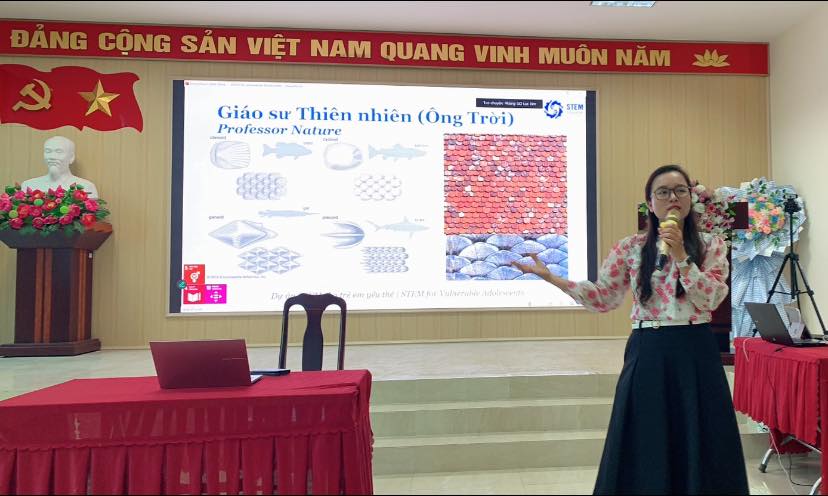
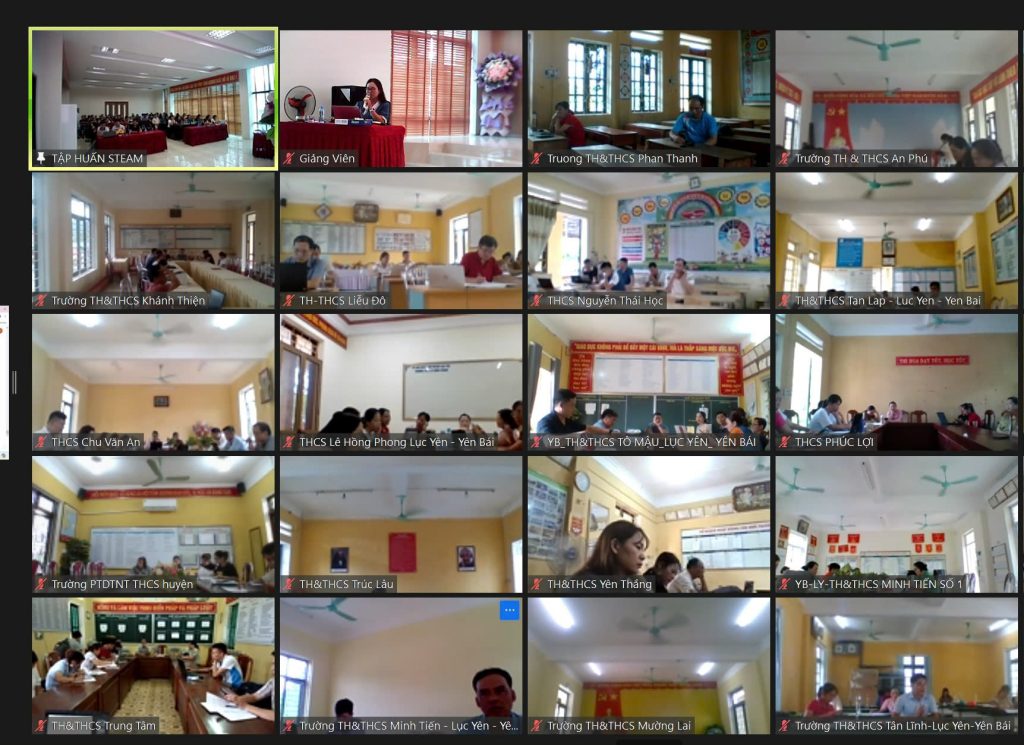
Luc Yen district is not only rich in resources but also a place with a diverse culture and a strong tradition of valuing education. However, as a mountainous district facing economic and educational challenges, this training program represents a significant step forward in improving the quality of education, particularly in bringing STEM education closer to mountainous and rural areas. The collaboration between Luc Yen DOET and the STEM for Vulnerable Aldolescents Project is a clear testament to the joint efforts to improve and innovate education in challenging areas.

